Disguised Toast is learning just how difficult it is to make owning an esports organization profitable, and yesterday evening, he vented his strife on social media, as is tradition among people younger than 40 years old.
His inquiry was simply: “How do esports orgs actually make money.”
The problem is a vexing one that has plagued many esports organizations. Toast himself made a foray into esports team ownership recently by forming a VALORANT team named Disguised, DSG for short.
The post, which has quickly attracted more than 500 replies in less than 24 hours, has been littered with responses from numerous high-profile people in esports. And as you might expect, many have been less than helpful.
“They don’t,” esports journalist Jacob Wolf said.
League of Legends caster Azael reiterated Wolf’s sentiment with a meme that reads “that’s the neat part, you don’t.”
Even some esports organizations themselves chimed in with less-than-helpful advice of their own. Cloud9 replied with a short tweet that read: “there are a few ways.” But the organization’s account didn’t share any of those “few ways.”
Sentinels also replied with a similarly incomplete post saying, “yeah the first thing you gotta do is.” That was the full tweet. The team didn’t even add an ellipsis or anything. Sentinels social media just responded with an incomplete sentence.
Popular personalities also added their voice. VALORANT streamer Tarik posted laughing at the notion Toast thought he might make money from the venture, and Pokimane joked that “getting more investors” was the key to making a profit.
“Lil bro thought he would make money,” Tarik said.
Perhaps the biggest real bit of advice delivered in the thread was by YouTuber Ludwig, who mentioned that there are three different ways to truly make some money. The man known for making “mogul moves” advised Toast to sell his team to sponsors, create profitable products that his team can promote, or develop the team well and sell it to a top-tier org.
It’s likely that Toast wasn’t necessarily looking for a true answer to his question and was merely looking for a way to express the financial frustrations of owning an esports organization—and that’s perfectly fine. But he had to have known that once he opened those Twitter floodgates, he would be met with a monsoon of memes.


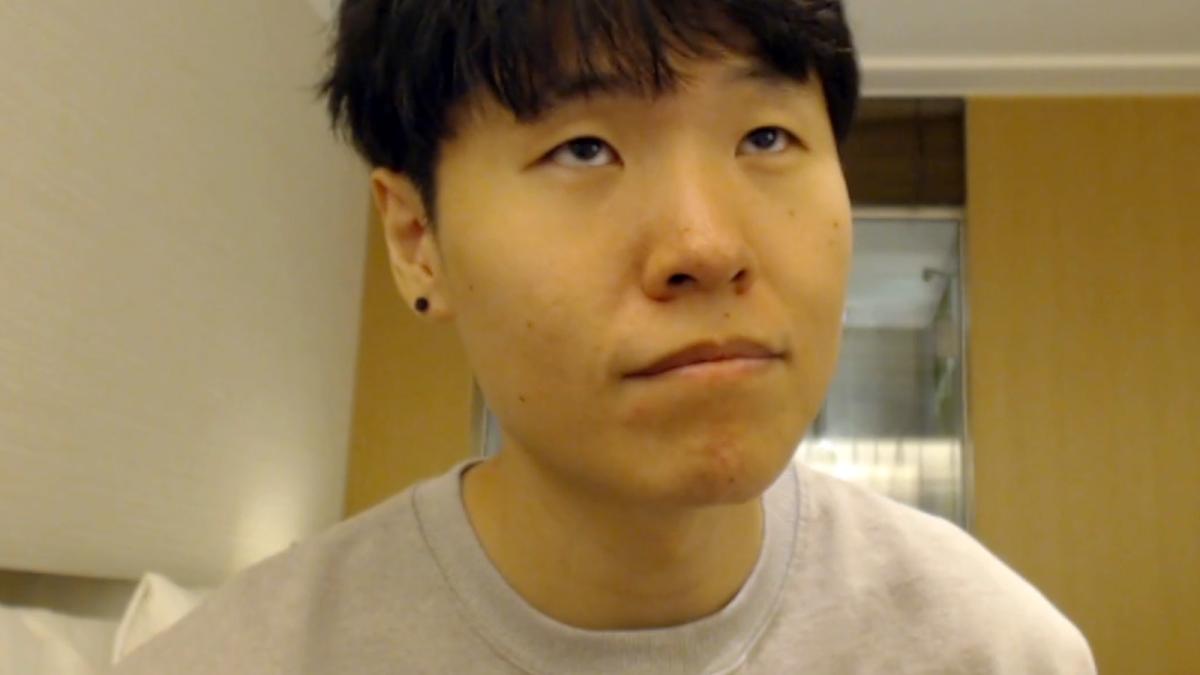


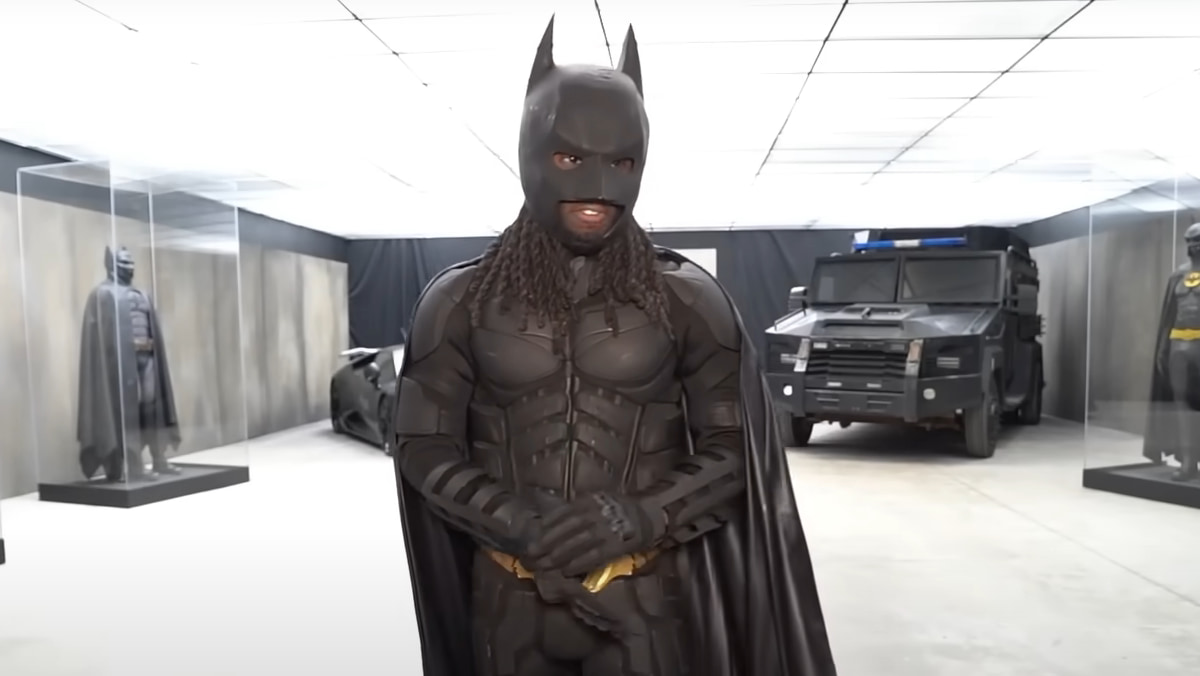

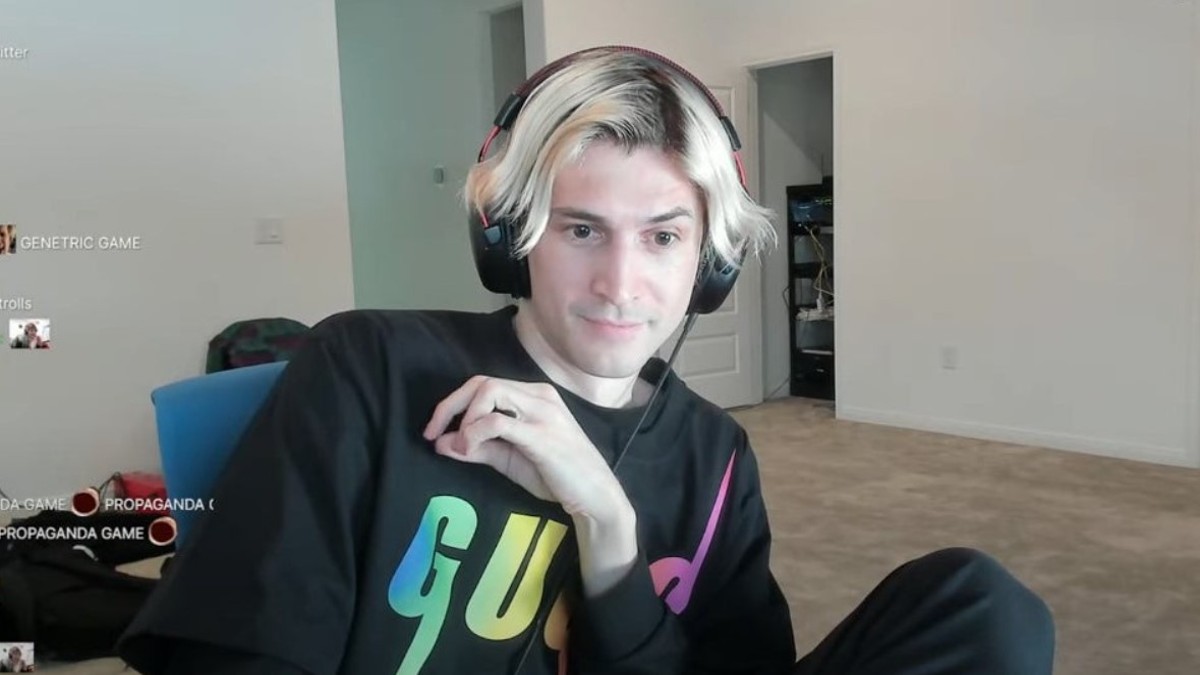
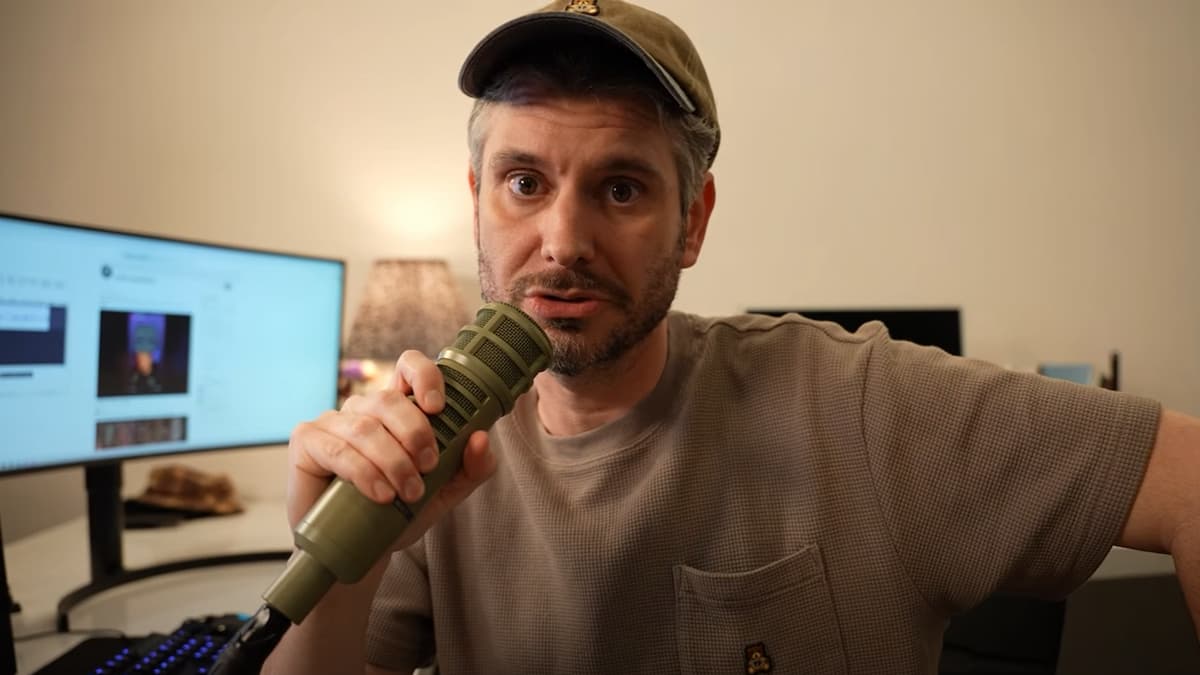

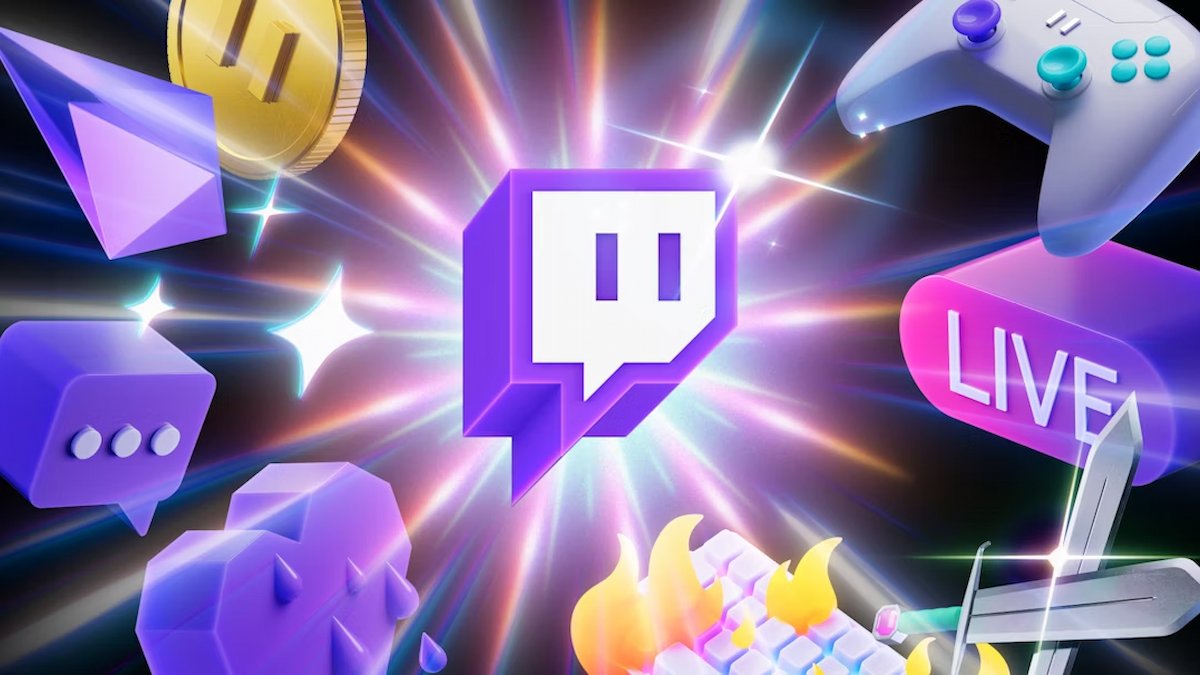

Published: Jan 20, 2023 01:19 pm